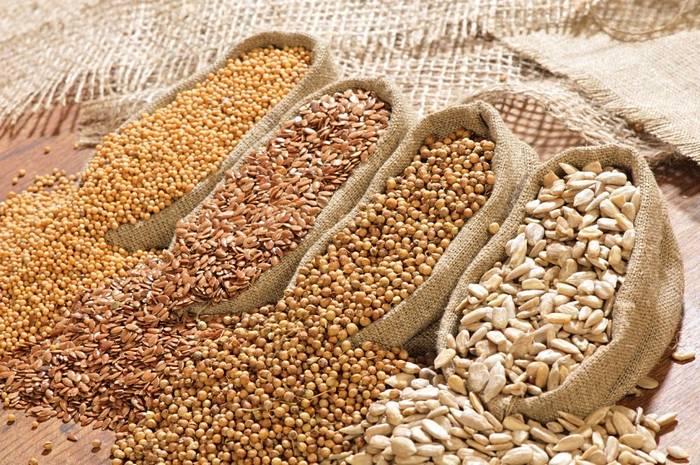By Jennifer Shike/Darrell Smith and Lindsey Benne, Farm Journal’s Pork, 19 January 2021, photo credit: LUKSOR
As the animal protein industry continues to find innovative ways to decrease the carbon footprint of animal products, a new resource guide may help move those efforts forward.
The Sustainability Consortium (TSC) recently released the Resource Guide on Sustainable Animal Feed, a digital resource to help companies in the animal feed supply chain better understand and address how the demand for animal protein products – and subsequently animal feed – affects the environment, including air, land, soil, water and biodiversity.
The free resource guide was developed by TSC alongside a group of stakeholders made up of over 20 different organizations including the National Pork Board, Pipestone Systems, BASF, The Nature Conservancy, Syngenta, American Feed Industry Association, Sustainable Food Lab, and others.
“As the demand for animal protein increases, so does the demand for animal feed. Every company along the value chain has the opportunity to make a significant contribution towards feed sustainability. This resource guide supports these organizations in their efforts,” Christy Slay, TSC’s senior director of science and research, said in a release.
Population growth, rising income and changes in diet are just a few reasons why the global demand for animal protein is increasing. According to TSC, recent life-cycle assessments estimate that feed production accounts for 70% of the total carbon footprint of animal products.
The resource guide was created as a resource for sustainability professionals, procurement teams, feed and animal protein industry professionals, researchers, and non-profits. The guide brings together relevant resources and information related to feed sustainability globally with a focus on the U.S.
Read more
The South African Pork Producers’ Organisation (SAPPO) coordinates industry interventions and collaboratively manages risks in the value chain to enable the sustainability and profitability of pork producers in South Africa.
















